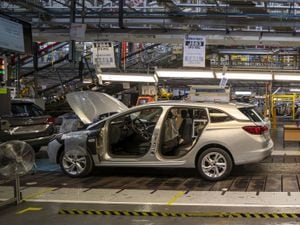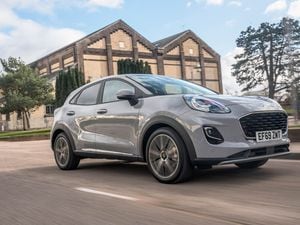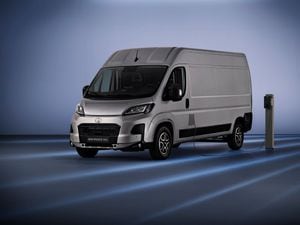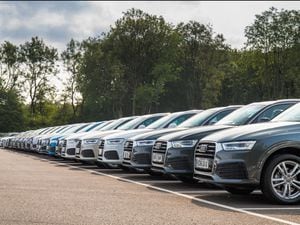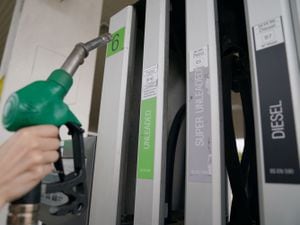Toyota ‘not giving up’ on hydrogen but also ramps up production of battery electric cars
Japanese carmaker ploughing ahead with hydrogen despite difficulties
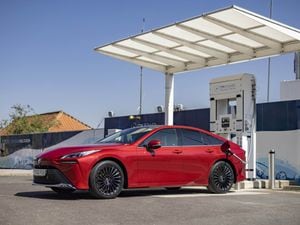
Toyota has reaffirmed its commitment to hydrogen power but at the same time will also ramp up development of battery electric vehicles.
The Japanese carmaker has been a pioneer of hydrogen fuel cell (FCEV) technology in recent years, and has developed two generations of its FCEV-powered Mirai saloon car, and launched the Japan-only Crown this year.
However Toyota has missed its own targets on sales of hydrogen cars, selling just over 3,900 hydrogen fuel cell vehicles last year, less than one per cent of its total worldwide sales of around 9.5m vehicles.
Media reports earlier this year quoted Hiroki Nakajima, Toyota executive vice-president and chief technical officer, admitting Mirai sales had not been successful, and that the carmaker would switch from building FCEV-powered cars to commercial vehicles.
But the carmaker has now reaffirmed its commitment to hydrogen-powered cars as well confirming it will diversify into commercial vehicles and other transport sectors. It will create a new hydrogen facility to produce more fuel cell systems to stimulate demand in Europe.
Speaking at the Kenshiki Forum – a special event showcasing future Toyota and Lexus models – in Brussels last week, Yoshihiro Nakata, president and CEO, Toyota Motor Europe, said: ‘We are not giving up on hydrogen…momentum is growing and we are receiving more and more inquiries about our technology and products.
‘We need to collaborate with like-minded partners to establish a hydrogen society.’
Toyota will launch a third generation of its FCEV technology in 2026, and its UK arm has developed a hydrogen fuel cell-powered Hilux pick-up and is currently testing the vehicle.

The car manufacturer is also exploring hydrogen-powered combustion engines in motorsport and for its range of future GR-branded performance road cars.
Head of fuel cell business at Toyota Motor Europe, Thiebault Paquet, said: ‘We will maintain our positioning in passenger cars, while also developing hydrogen-powered heavy goods vehicles. Work continues on both.
‘There are challenges with [hydrogen fuel cell] passenger cars – the bottleneck is infrastructure and availability – but we will not stop.
‘There is a lot to research and we do not need to close doors. This is not black and white – we need to develop solutions for all customers.’

Those solutions include Toyota ramping development and production of electric vehicles (EVs) and it seeks to create a ‘multi-pathway’ strategy that offers different fuel sources for different customers. Toyota has been left behind in the race to build mainstream electric cars due to its focus on hybrid and FCEVs in recent years.
But alongside its development of hydrogen-powered cars, it is fast-tracking development of batteries for future electric models.
From 2026 it plans to build cheaper batteries, while from 2027 Toyota intends to introduce solid state batteries with ultra-fast charging capability and over 1,000km (620 miles) of range.
Toyota will launch six new electric cars over the next few years starting with a compact SUV which will debut next year.

